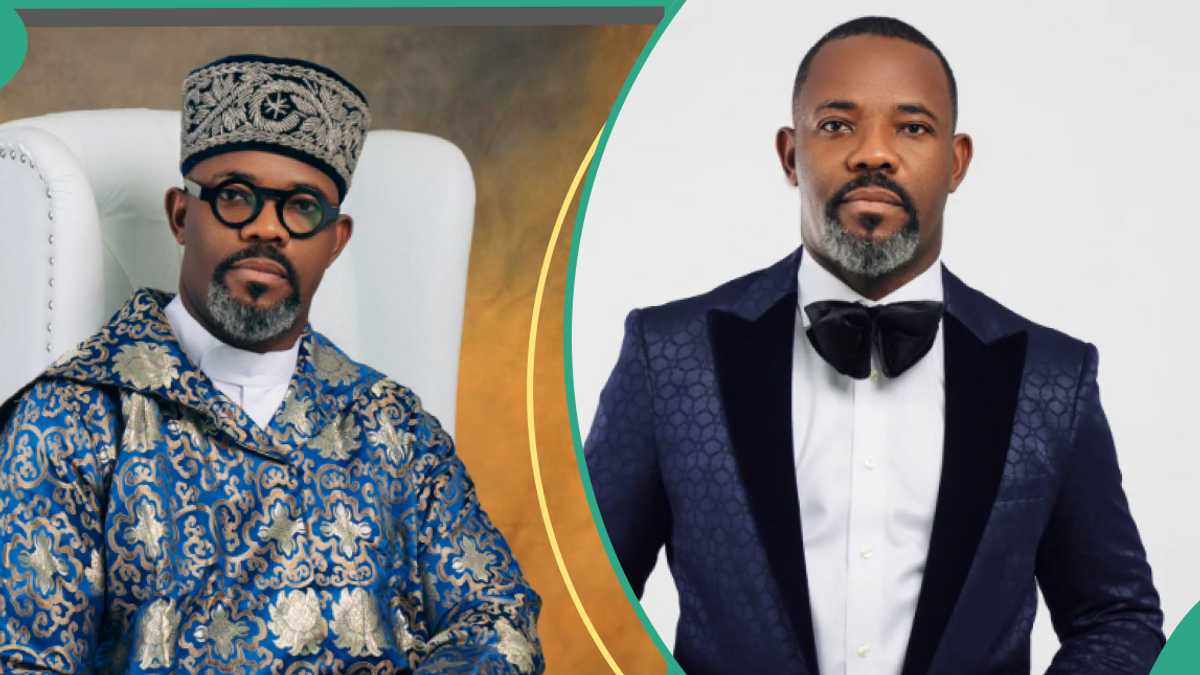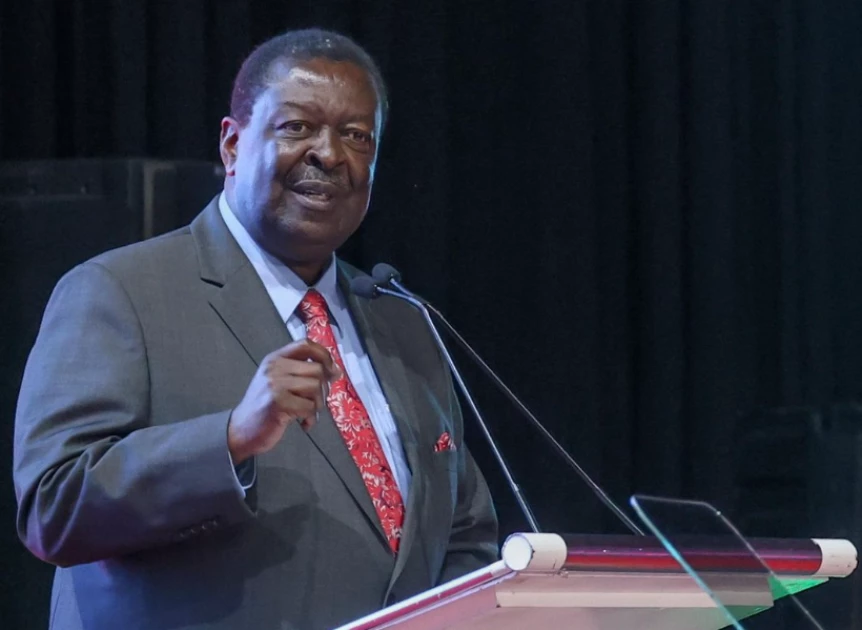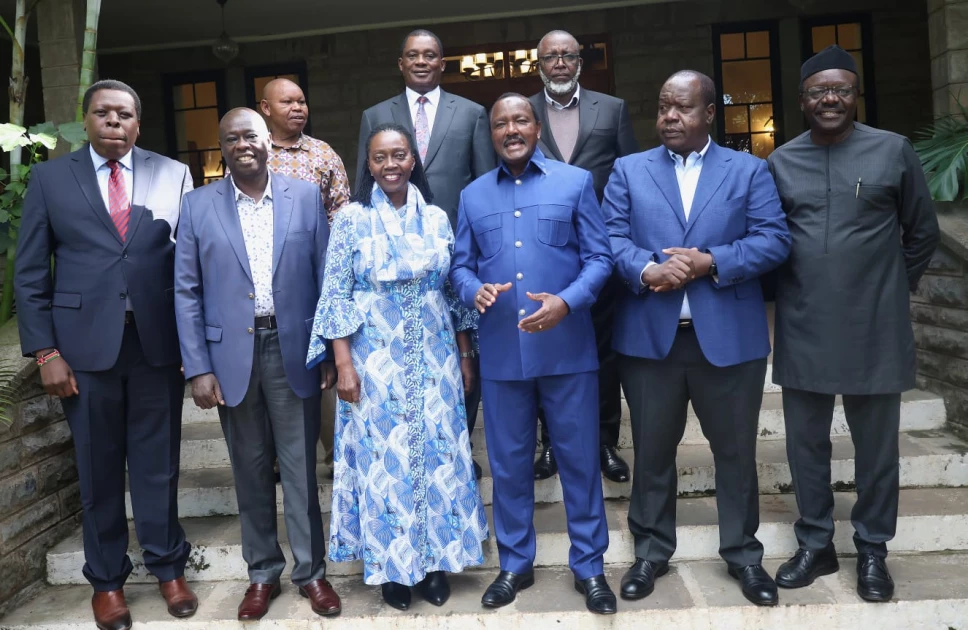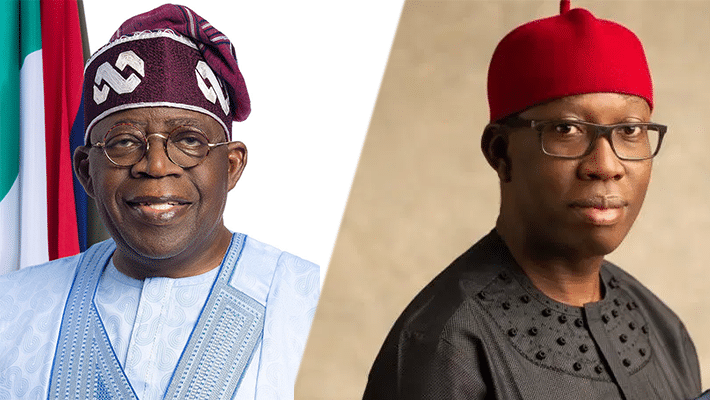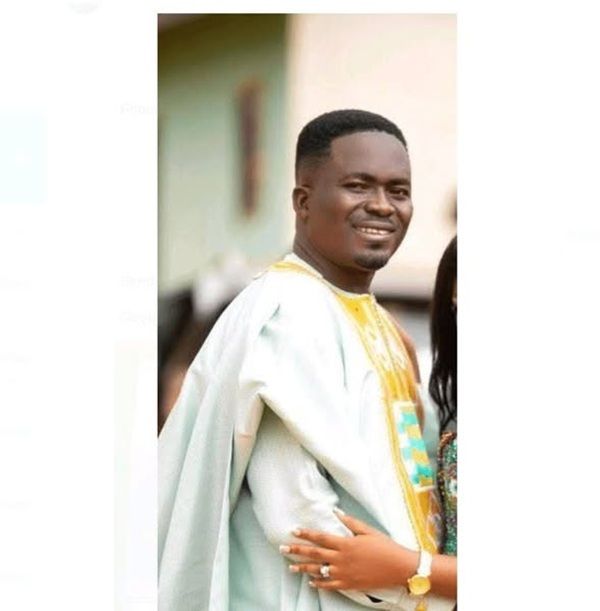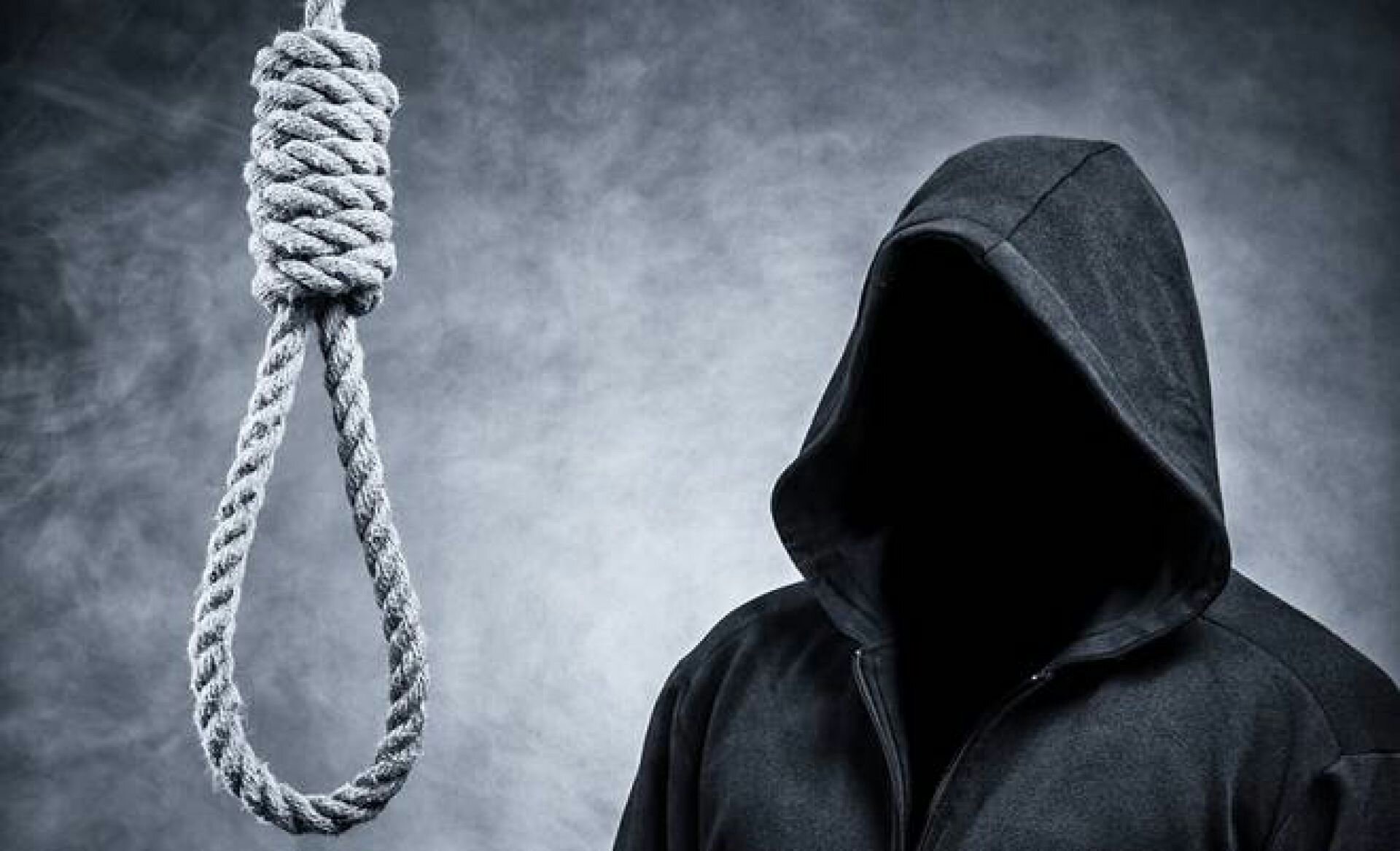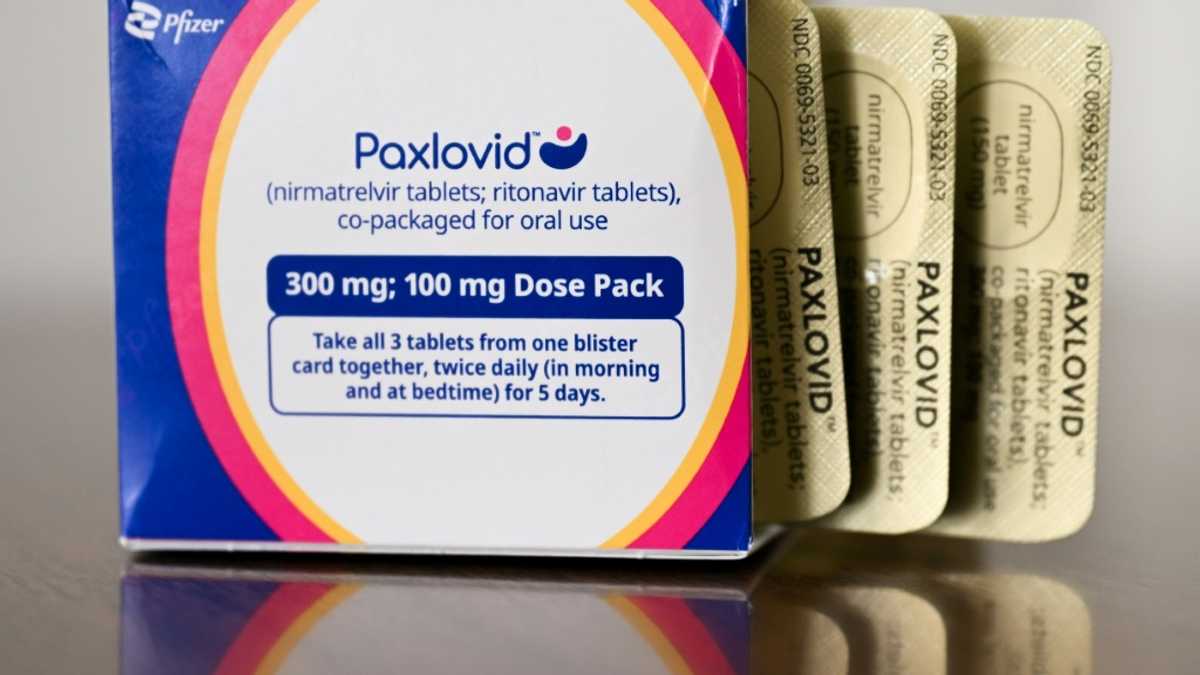Brazil has 110 confirmed music festivals | Business | valorinternational
Brazil hosted 364 music festivals in 2024, a 20% increase over the previous year. That same number is expected to repeat in 2025. The figures come from Mapa dos Festivais, a platform that has already logged 110 confirmed events for this year.
According to Juli Baldi, the platform’s creative director, the profile of festival sponsors has shifted in recent years. In 2023, alcoholic beverage brands led the way in festival sponsorships. But in 2024, non-alcoholic brands—including soft drinks and energy drinks—have taken the lead. “We also saw a significant number of sponsorships from sports betting companies,” she adds.
This shift aligns with evolving consumer habits. An Ipsos survey of 11,842 adults across the United Kingdom, United States, Spain, Japan, and Brazil found that 68% had tried non-alcoholic or low-alcohol alternatives, and 80% believe such beverages are more socially accepted today than they were five years ago.
Market projections support this trend. According to IWSR, a beverage industry consultancy, the non-alcoholic and low-alcohol beverage segment is expected to grow at a compound annual rate of 4% through 2028 in ten major markets, including Brazil. Consumers of these beverages are already spending less on traditional beer and wine. The study highlights the U.S. and Brazil as the main drivers of growth, with projected annual increases of 18% and 10%, respectively. In Brazil, non-alcoholic beer is leading this movement.
Still, a large segment of festivalgoers continues to prefer traditional beers. That’s why the Heineken Group introduced six different variations of Eisenbahn beer—featuring a range of intensities, flavors, and alcohol content—at The Town Festival, to be held in September in São Paulo. “We’re betting on offering these options for people to taste and enjoy, hoping to drive repurchase while also boosting brand recall and consumer consideration,” says Eisenbahn’s marketing manager, Igor de Castro. He notes that this is the company’s largest investment in its premium beer portfolio since acquiring the brand in 2017. Eisenbahn will also be present at João Rock, Monsters of Rock, and Rock Rec festivals. For those opting for a non-alcoholic experience, the company is also promoting Heineken 0.0.
This year, most of Brazil’s major music festivals are set to take place in São Paulo, including Lollapalooza, scheduled for next weekend. The calendar also features smaller events like the Popload Festival and the C6 Festival, organized by the bank of the same name. In the state’s countryside, standout events include João Rock, held in June in Ribeirão Preto for rock enthusiasts, and Tomorrowland, focused on electronic music, returning to Itu in October.
According to Ms. Baldi from Mapa dos Festivais, a key trend this year is the rise of festivals held on cruise ships and a growing number of itinerant events hosted in multiple cities. One example is Afropunk, which in 2024 had editions in Salvador, Belém, and São Paulo. Other traveling festivals include the I Wanna Be Tour, which visited five cities, and Samba Brasil, which stopped in nine. “We should also see increased demand for small- and medium-sized festivals, where attendees can enjoy a more comfortable experience,” Ms. Baldi notes.
Brazil’s broader entertainment and media sector is expected to grow at an annual rate of 4.6% between 2024 and 2028, reaching revenues of US$63.1 billion, according to a forecast by PwC. Globally, the sector is projected to expand at a slightly slower pace of 3.9% annually, reaching US$3.4 trillion over the same period.
Music festivals, in particular, have become strategic platforms for brands. More than traditional sponsorships, advertisers are now investing in interactive activations and immersive experiences designed to engage audiences during moments of high emotional impact. The brand’s presence is further amplified by festivalgoers sharing photos and videos on social media, increasing visibility far beyond the event itself.
Because of these unique attributes, McDonald’s, a Lollapalooza sponsor since 2022, will—for the first time—use the festival to strengthen its Meu Méqui loyalty program. The goal is to bridge the digital and in-person experience. At the brand’s MéquiLand, a 3,500 m² food court, customers enrolled in the program will have access to an exclusive lounge area for about 70 people, designed for relaxation and interactive moments like karaoke. On-site registration for Meu Méqui will also be available. The program, launched at the end of 2023 with 3.2 million users, now boasts 13 million participants. McDonald’s is also in negotiations to renew its sponsorship of The Town Festival.
“We see festivals as an opportunity to grow business and sales and strengthen connections with consumers, generating significant brand impact—especially among young adults. This is a long-term strategy for the company,” says McDonald’s Vice President of Operations Ricardo Guedes.
However, brand interest in sponsoring festivals is not guaranteed. Feira Preta, for example, planned to hold an edition in May in São Paulo but had to cancel due to a lack of financial support. According to Ms. Baldi from Mapa dos Festivais, cancellations are expected to be fewer this year than the 29 recorded in 2024. “Several factors have contributed to past cancellations,” Ms. Baldi explains. “These include rising production and logistics costs, higher artist fees, and a crowded festival calendar that forces audiences to choose one event over another. There’s also the issue of artist repetition and, increasingly, the climate crisis, which made it impossible to hold many festivals last year.”
